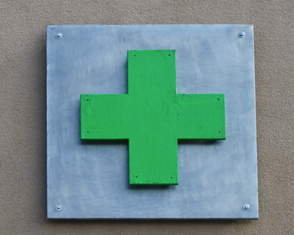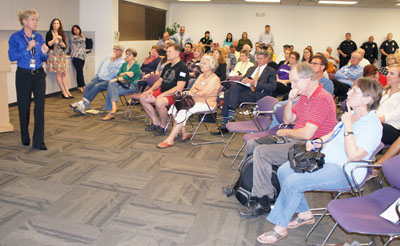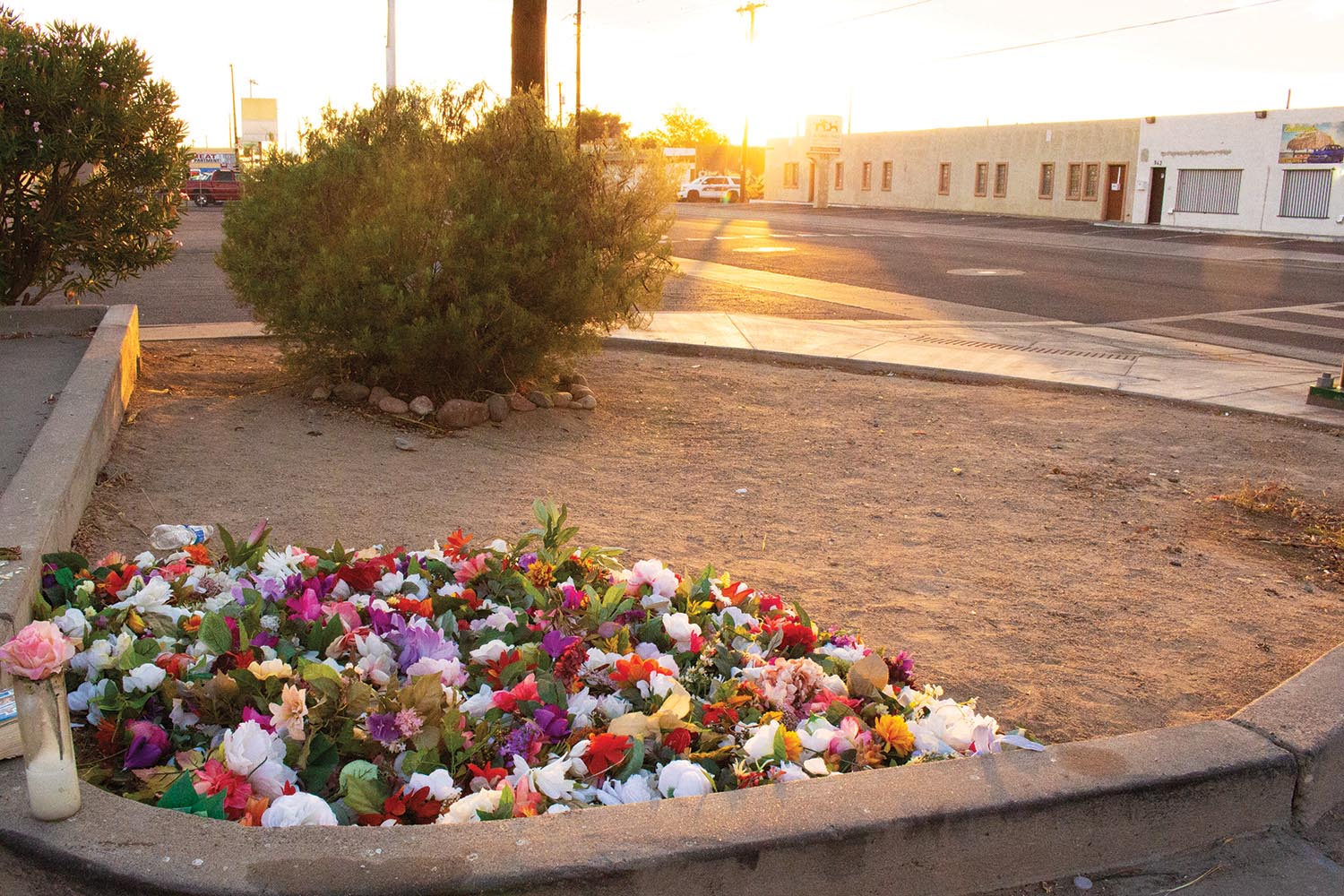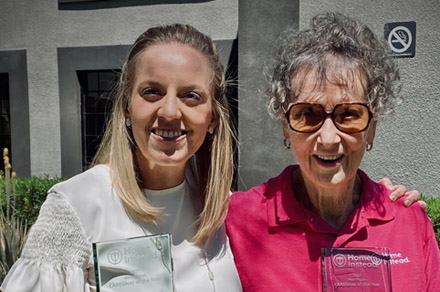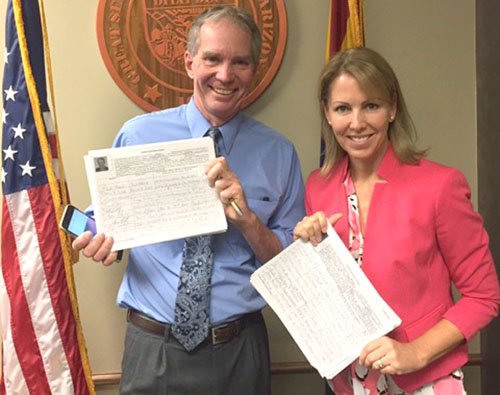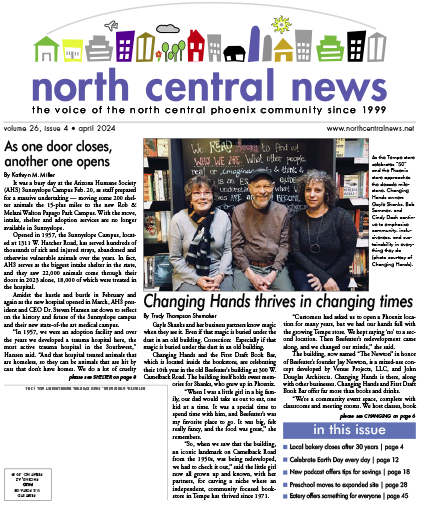Marijuana dispensaries are cropping up around North Central and other parts of the Valley, often generating support from residents who say these businesses reduce illegal drug activities and enhance neighborhoods.
The Arizona Department of Health Services (ADHS) Marijuana Program started in 2010 when state voters passed Proposition 203, which created the Arizona Medical Marijuana Act. This law made medical marijuana available for qualified patients with specific medical conditions. In November of last year, voters passed Proposition 207, the Smart and Safe Arizona Act, which made the “responsible use” of marijuana legal for adults at least 21 years old. The Arizona Department of Health Services regulates medical marijuana and adult-use marijuana programs in the state.
Many dispensaries are selling medical and adult-use marijuana in North Central, including Curaleaf at 1040 E. Camelback Road; Sunday Goods at 1616 E. Glendale Ave.; Zen Leaf at 12620 N. Cave Creek Road and Marigold at 2601 W. Dunlap Ave. Nature’s Medicines is planning to open another dispensary in the Valley soon. This one, which will be located at 701 E. Dunlap Ave. in Sunnyslope, is expected to open within the next several months in what has been an empty facility.
Residents in the area, including the East Sunnyslope Neighborhood Association & Block Watch, have expressed support for Nature’s Medicines opening in the area. However, theHUB (Hatcher Urban Businesses) non-profit organization has spoken in opposition of the future dispensary.
Steve Croteau, chief operating officer for Nature’s Medicines, which also operates in other states, said he worked with the East Sunnyslope association and Block Watch to discuss the new location. Several of the organization’s members toured a Nature’s Medicines location in Glendale to get a feel for the future dispensary.
“They were doing it because they wanted to clean up their neighborhood and they wanted a good, solid company that could do that,” Croteau said. “We’ve done it, not only here in Arizona, but in other areas, too.”
More than 81 percent of respondents to a community survey sent to area neighbors by the East Sunnyslope Neighborhood Association & Block Watch said they would support the idea of that dispensary opening on east Dunlap Avenue, while just under 14 percent said they would not support it.
The building on the site has been empty for about 15 years and attracts transient people and heroin users, who leave syringes on the property, said Jeff Tisot, president of the East Sunnyslope Neighborhood Association & Block Watch. Tisot said the association pushed for and obtained approval for several variances that the dispensary must adhere to once it opens, including providing 24-hour-a-day, seven-days-a-week security on the site. He added that he and fellow members of the neighborhood group believe the dispensary will help improve the safety and aesthetics of the area.
“With the state mandate for security, why would you not want a massively secure building?” Tisot said. “It’s a legal business now. They’re a good operator.”
Caroline Lobo, president of theHUB, said that organization welcomes new businesses in Sunnyslope but it feels this is not the right time for a marijuana dispensary to open there.
“As a business alliance we welcome businesses into Sunnyslope, but the fact that we are oversaturated with social services in Sunnyslope and we have been battling the image of being a hub for drugs and prostitution for a long time, theHUB feels like this is probably not a good time to have yet another drug-related (business), even if it’s for health purposes, to open in Sunnyslope,” Lobo said.
She said possibly in 10 years it might fit in to the vision and mission for the area but first the problems with drugs and prostitution need to be cleaned up. Lobo also toured a Nature’s Medicines dispensary and said its employees “do a good job protecting their own location.”
Julia Sayre, a Block Watch captain with the East Sunnyslope Neighborhood Association & Block Watch, said she supports Nature’s Medicines opening in Sunnyslope.
“It was legalized in Arizona so they are a legal business,” Sayre said. “The location they picked has been a run-down eyesore with used needles and garbage and just a lot of people hanging out in that area doing drugs and throwing needles. I think this (dispensary) is safer than a liquor store and we’re certainly not going to close those down.”
Teresa Hillner, a Planner III with the city of Phoenix Planning and Development Department, said that in her experience marijuana dispensaries usually open in locations where they expect to receive support, rather than in neighborhoods where they believe they would face opposition. Most of the dispensary operators open in areas of Phoenix that are already zoned to allow such businesses, Hillner added.
“We have a lot of zoning districts that allow dispensaries,” she said. “We found a nice middle ground to allow (them) to operate but protect residents from being infiltrated.”
The city requires marijuana dispensaries not be opened within 5,280 feet of the same type of use or a marijuana dispensary or infusion facility. There are many other restrictions, including requiring that dispensaries not be located within 1,320 feet of a place of worship or a preschool, kindergarten, elementary, secondary or high school, as well as a public park, public community center, dependent care facility, homeless shelter or youth community center. Dispensaries must ensure there is no emission of dust, fumes, vapors or odors into the environment.
A dispensary that sells adult-use marijuana is allowed to sell only to adults who are at least 21 years old, according to the Arizona Department of Health Services. Qualifying patients who have been diagnosed by a physician as suffering a debilitating medical condition can obtain medical marijuana in Arizona. The parent or legal guardian of a patient under age 18 who is responsible for healthcare decision for that patient must apply to the state in order to purchase medical marijuana for the child or teen. A dual license can be given to entities that have a non-profit medical marijuana dispensary registration certificate and a marijuana establishment license, which allows them to sell cannabis to customers ages 21 and older. Interested dispensary owners must first contact the Arizona Department of Health Services to apply for a license. After they receive their license to sell marijuana from that state department, they also must apply for a license to report transaction privilege (TPT), excise and withholding taxes by completing the medical, adult use or dual license transaction privilege/use/excise tax application.
To learn more about the state requirements for marijuana dispensaries, visit www.azdhs.gov/licensing/marijuana. For more information about the city of Phoenix’s rules for these businesses, visit www.phoenix.gov/pdd/planning-zoning/medical-marijuana.

